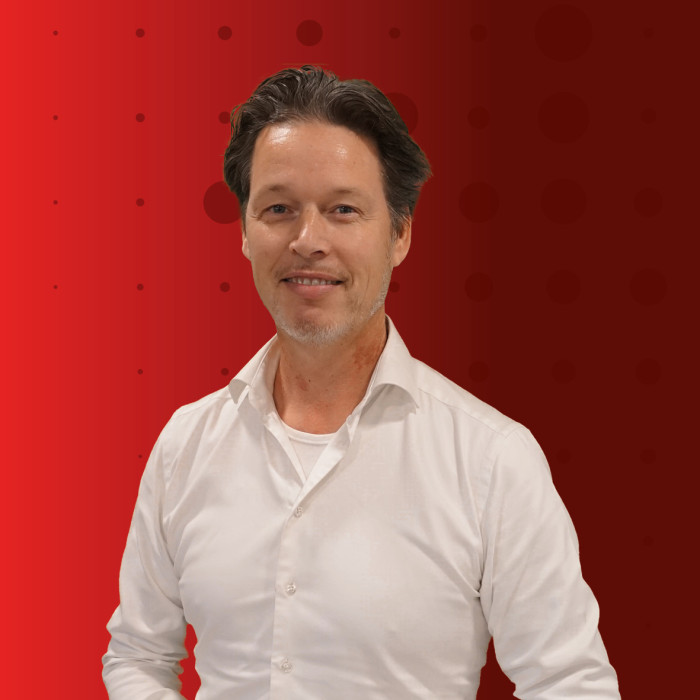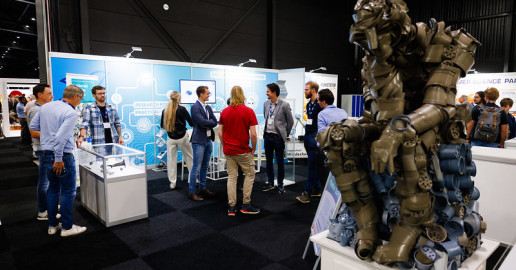What can you do with plastics? What can't you do? During the Basic Knowledge of Plastics and Processing Technology course, you will learn about the possibilities in design, shaping, manufacturability, testing, and decorating beautiful plastic products. After completion, you will have sufficient knowledge to engage as a competent counterpart with a technical specialist.
- Learn about the key properties of plastics
- Explore the various applications of plastics
- Gain insight into the main plastic processing techniques
About the course basic knowledge of plastics and processing technology
Working with plastics offers many possibilities. To make optimal use of all these opportunities, it is important to build a good basic knowledge around this type of material and its various processing options. During this course, you will become acquainted with the structure and properties of plastics, enabling you to make the right material choices. Current topics such as environment and recycling are also discussed. Finally, you will learn the basics of shaping techniques such as injection moulding, extrusion, and thermoforming, as well as various applications and post-processing techniques.
Program
Lesson 1
Structure and classification of plastics:
- Monomers, polymerization, and macromolecules
- Chain flexibility, chain length, and chain distribution
- Classification of plastics
- Thermoplastics, thermosetting plastics, and elastomers
- Thermoplastic elastomers and polyurethane
Properties, general:
- Surface properties, friction, and wear
- Thermal behavior
- Electrical behavior
- Optical properties
- Resistance to environmental influences; chemical resistance, moisture absorption, UV/weather resistance, and flammability
Lesson 2
- Properties, mechanical short-term and long-term and viscoelasticity
- Copolymers, blends, compounds, and composites
- Additives, fillers, and colorants
- Material selection, CAMPUS® database, and material costs
- Environmental aspects of plastics, ecodesign, and bioplastics
Lesson 3
Shaping processes:
- Temperature ranges for processing
- Extrusion and co-extrusion
- Blow molding and film blowing
- Rotational molding
- Thermoforming and vacuum forming
- Foaming
- Many other processing techniques including thermosetting plastics
- Machining operations
Lesson 4
Injection Moulding, Additive Manufacturing, and Rapid Prototyping
- Machine, mould, process, and cycle progression
- Colouring, pre-drying of material
- Various special injection moulding techniques
- 2K, Co-injection, IML, IMD, Gas injection, Water injection, and TSG
- Insert and over moulding
- Additive Manufacturing
- Rapid Prototyping
Lesson 5
Joining techniques:
- Design for Assembly (DFA), manufacturability
- Click connections, film hinges, screws, and pressing
- Adhesive bonding
- Welding, various methods
Surface treatments, decoration:
- Surface treatments
- Painting
- Printing (hot stamping, screen printing, pad printing, dip printing)
- Laser marking
- Metallization
- Back spraying, in-mould labelling, shrink sleeves
- Flocking
Discover the possibilities of organizing this course internally within your company
If you want to train multiple employees within your company, it's more interesting and cost-effective to organize a course at your location. Good alignment with your company-specific situation and the use of highly experienced instructors who have proven themselves in practice are essential. Mikrocentrum is CEDEO-certified and guarantees the best quality.
Our training program manager is happy to assist you!
If you're interested in an in-house training program, our training program manager, Barend Blom, would be delighted to visit you without obligation.


